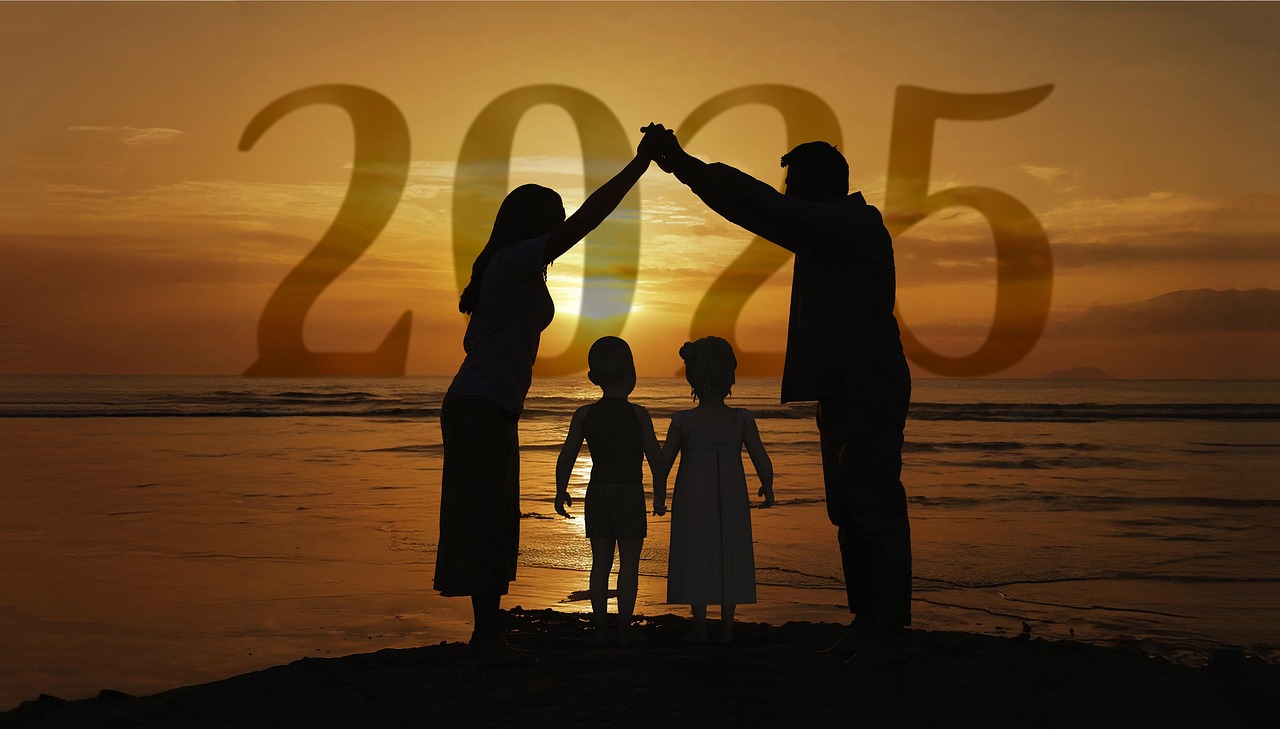
Unveiling the Philippines‘ New Electoral Reforms: A Complete Breakdown
The Philippines has undergone several electoral transformations over the decades, aiming to enhance the democratic process. The latest wave of reforms seeks to address longstanding issues within the electoral system. This comprehensive breakdown unravels these new changes, their implications, and the broader context within which they operate.
The Historical Context of Electoral Reforms in the Philippines
The Philippines has a rich history of electoral processes, dating back to the Spanish colonial period. However, it was only in the 20th century that modern electoral systems began to take shape. Over time, these systems have faced challenges such as vote-buying, electoral violence, and disenfranchisement. The latest reforms aim to build on past efforts to ensure a more transparent and accountable process.
Historically, reforms have been reactive, often implemented in response to crises or significant public outcry. For example, the 1986 People Power Revolution catalyzed a series of changes, leading to the establishment of the 1987 Constitution, which sought to strengthen democratic institutions and processes.
Key Features of the New Electoral Reforms
The most recent reforms introduced in the Philippines have several key features designed to enhance transparency and efficiency:
- Automated Voting Systems: Building on the automation of the 2010 elections, the latest reforms emphasize improving technology to minimize human error and reduce opportunities for cheating. This technology includes biometric verification and rapid digital transmission of results.
- Voter Registration Enhancements: The reforms have introduced more accessible and secure voter registration processes. Efforts are being made to ensure that all eligible citizens, including those in remote areas, can register with ease.
- Enhanced Monitoring and Reporting: The creation of independent bodies and the use of international observers aim to strengthen the monitoring of elections, ensuring that any irregularities are quickly identified and addressed.
- Campaign Finance Regulations: To curb corruption and undue influence, stricter rules have been implemented regarding campaign donations and spending, requiring detailed reporting and transparency.

Implications of the New Reforms
The implications of these reforms are far-reaching, affecting various aspects of Philippine society and governance. By enhancing transparency and reducing opportunities for fraud, these changes aim to bolster public trust in the electoral process. Additionally, by making elections more accessible, the reforms seek to increase participation rates, which have historically been hindered by logistical and socio-economic barriers.
For political parties and candidates, the new campaign finance rules require adjustments in how campaigns are funded and run. This may lead to a more level playing field, where candidates are scrutinized more based on their platforms and less on their financial backing.
Challenges and Criticisms
While the reforms are generally seen as a positive step, they are not without criticism. Some argue that the reliance on technology may disenfranchise older voters or those in areas with limited internet access. The challenge of ensuring cybersecurity in the face of potential threats also looms large.
Furthermore, there are concerns about the enforcement of campaign finance regulations. Critics worry that without rigorous oversight, wealthier candidates may still find ways to circumvent the rules, perpetuating existing inequalities.
The Role of Civil Society and International Organizations
Civil society organizations play a crucial role in the implementation and monitoring of these reforms. Groups like Transparency International assist in promoting a culture of accountability and transparency, providing checks and balances to the system.
International organizations, including the International Foundation for Electoral Systems, offer technical support and best practices from other countries. This global perspective is invaluable in adapting reforms to local contexts while maintaining international standards.
Future Prospects and Conclusion

Looking ahead, the success of these reforms will largely depend on their implementation and the political will to enforce them. Education campaigns aimed at both voters and officials are essential to ensure that all parties understand the new systems and their benefits.
In conclusion, the new electoral reforms in the Philippines represent a significant step towards a more robust democratic process. By addressing past challenges and embracing modern solutions, these changes have the potential to transform the way elections are conducted in the country. As the reforms take hold, the hope is that they will lead to greater public trust and engagement, ultimately strengthening the democratic fabric of the nation.
For more information on electoral reforms and democratic processes, the website of the National Democratic Institute offers a wealth of resources and insights.
Engaging the Youth: A Vital Component
One of the most promising aspects of the new electoral reforms is their potential to engage the youth, a demographic that has shown increasing interest in political participation worldwide. In the Philippines, young voters constitute a significant portion of the electorate, and their engagement is crucial for the vitality of the democratic process.
The reforms include initiatives targeted at young voters, such as educational campaigns that emphasize the importance of voting and how to navigate the new electoral systems. By incorporating digital platforms and social media, the government hopes to reach young voters more effectively, ensuring they are informed and motivated to participate in elections.
Furthermore, by simplifying the voter registration process and utilizing online tools, the reforms make it easier for the youth to register and stay informed about election-related developments. This approach not only encourages participation but also empowers young voters to become active contributors to the democratic process.
Gender Inclusion and Representation

Another critical focus of the reforms is promoting gender inclusion and representation within the electoral process. Historically, women in the Philippines have faced various barriers to political participation, ranging from cultural biases to structural challenges. The new reforms aim to address these issues through targeted initiatives.
Efforts are being made to ensure that women have equal access to voter registration and are well-represented in political discourse. Educational initiatives and advocacy campaigns are designed to empower women, encouraging them to run for office and participate actively in political life. By fostering an environment where gender equality is prioritized, the reforms aim to create a more inclusive and representative political landscape.
Additionally, organizations such as UN Women are collaborating with local entities to promote gender-sensitive policies and practices within the electoral framework, ensuring that women’s voices are heard and their contributions recognized.
The Role of Technology in Modern Elections
The integration of technology into the electoral process is a defining feature of the new reforms. While it presents opportunities for increased efficiency and accuracy, it also poses challenges that need careful consideration.
One of the primary benefits of using technology in elections is the potential for real-time results and transparency. Automated systems reduce the likelihood of human error and provide a clear audit trail, enhancing public confidence in the outcomes. However, the reliance on technology also raises concerns about data security and the potential for cyber threats.
To mitigate these risks, the government has partnered with cybersecurity experts to ensure that election infrastructure is robust and secure. Regular audits and stress tests are conducted to identify vulnerabilities, and contingency plans are in place to address any potential breaches. By prioritizing cybersecurity, the reforms aim to protect the integrity of the electoral process.
Conclusion: A Path Towards Strengthened Democracy

The new electoral reforms in the Philippines mark a significant milestone in the country’s democratic journey. By addressing past challenges and incorporating innovative solutions, the reforms aim to create a more transparent, inclusive, and effective electoral system. While challenges remain, the commitment to continuous improvement and adaptation is evident.
As these reforms are implemented, the focus will be on ensuring that all stakeholders—from voters to officials—are engaged and informed. Through collaboration with civil society, international organizations, and the broader public, the Philippines can pave the way for a more robust and resilient democracy.
The successful implementation of these reforms will not only benefit the Philippines but also serve as a model for other nations striving to enhance their democratic processes. For additional insights into global electoral practices, the International Institute for Democracy and Electoral Assistance offers valuable resources and case studies.
Public Engagement and Feedback Mechanisms
To ensure that the new electoral reforms are both effective and reflective of public needs, robust feedback mechanisms are being established. Public engagement is crucial in identifying areas for improvement and ensuring that the reforms are achieving their intended outcomes.
One approach to fostering public engagement is the use of town hall meetings and public consultations, where citizens can voice their concerns and suggestions. These forums provide a platform for dialogue between the government, stakeholders, and the public, facilitating transparency and trust.
Additionally, online platforms are being utilized to gather feedback, allowing citizens to participate in surveys and express their views on the reforms. This digital approach not only broadens the reach of these initiatives but also encourages participation from a more diverse demographic, including those who may be unable to attend in-person events.
Education and Awareness Campaigns
Education plays a pivotal role in the successful implementation of electoral reforms. To ensure that citizens are fully informed about the changes, a series of education and awareness campaigns are being launched across the country.

These campaigns aim to educate voters about their rights, the new voting processes, and the importance of their participation. By leveraging various media channels—such as television, radio, and social media—these initiatives aim to reach a wide audience, ensuring that the message resonates with people from all walks of life.
Moreover, partnerships with educational institutions and community organizations are being fostered to promote civic education, particularly among young people. By incorporating electoral education into school curricula and community programs, the reforms aim to cultivate a culture of informed and active citizenship.
Monitoring and Evaluation of Reforms
As with any significant policy change, the monitoring and evaluation of the new electoral reforms are essential to assess their effectiveness and identify areas for improvement. A comprehensive framework is being developed to track the progress of these reforms and ensure that they meet their objectives.
This framework includes the establishment of independent oversight bodies tasked with evaluating the implementation of the reforms and providing regular reports to the public. By maintaining transparency and accountability, these bodies play a crucial role in ensuring that the reforms achieve their intended impact.
Additionally, collaboration with international organizations provides access to best practices and comparative insights, allowing the Philippines to learn from the experiences of other countries and adapt their strategies accordingly.
Looking Towards the Future
As the Philippines embarks on this new chapter of electoral reform, the focus remains on building a system that is resilient, inclusive, and reflective of the people’s will. While challenges persist, the commitment to reform and innovation is a promising sign for the future of Philippine democracy.
The journey towards an enhanced electoral system is ongoing, with continuous efforts to refine and improve the reforms based on feedback and experience. By maintaining an open dialogue and fostering collaboration among all stakeholders, the Philippines can work towards a future where every citizen’s voice is heard, and every vote counts.
For more information on the role of electoral reforms in strengthening democracy, the Carter Center provides extensive resources and insights on global democratic practices and innovations.






